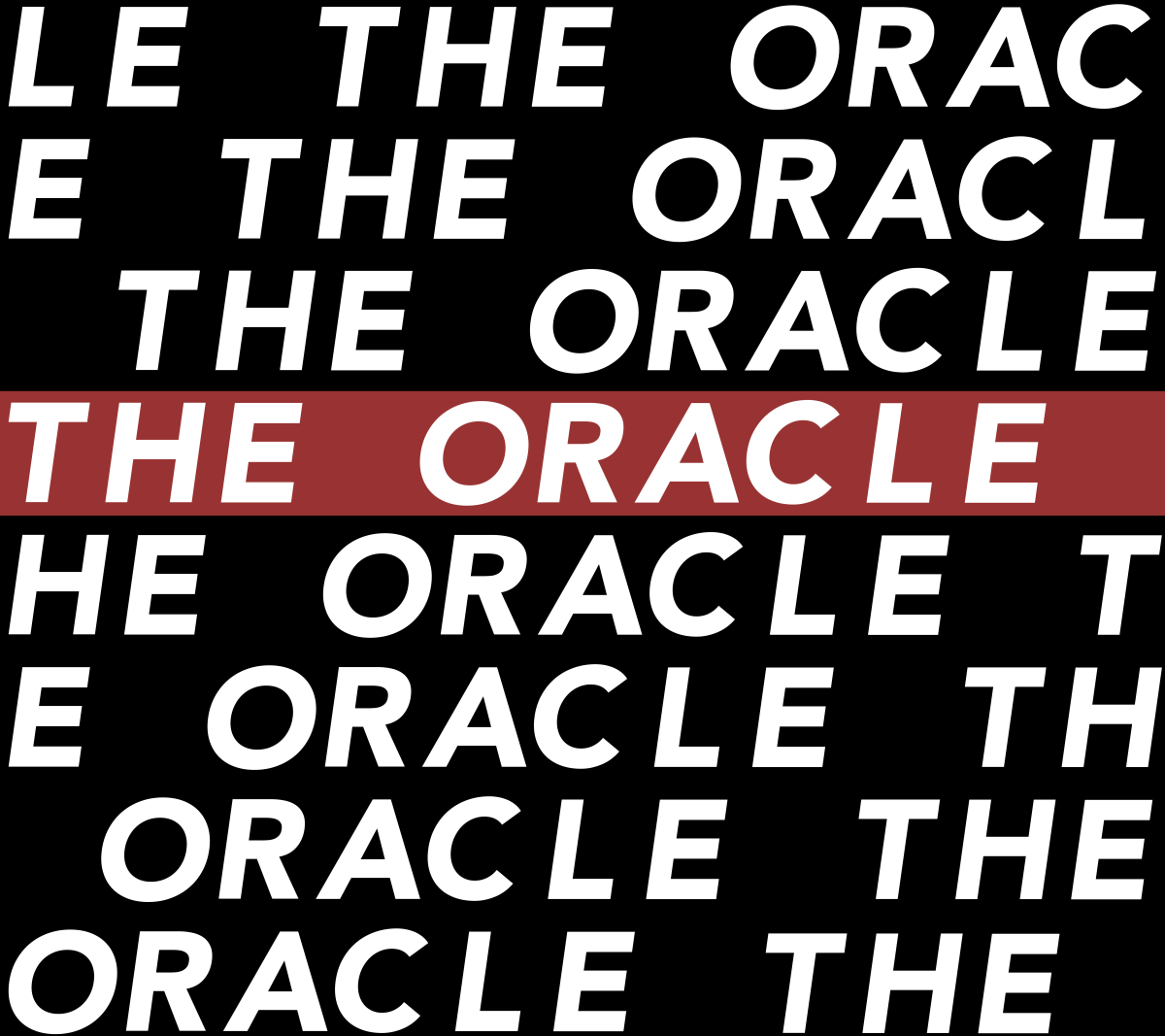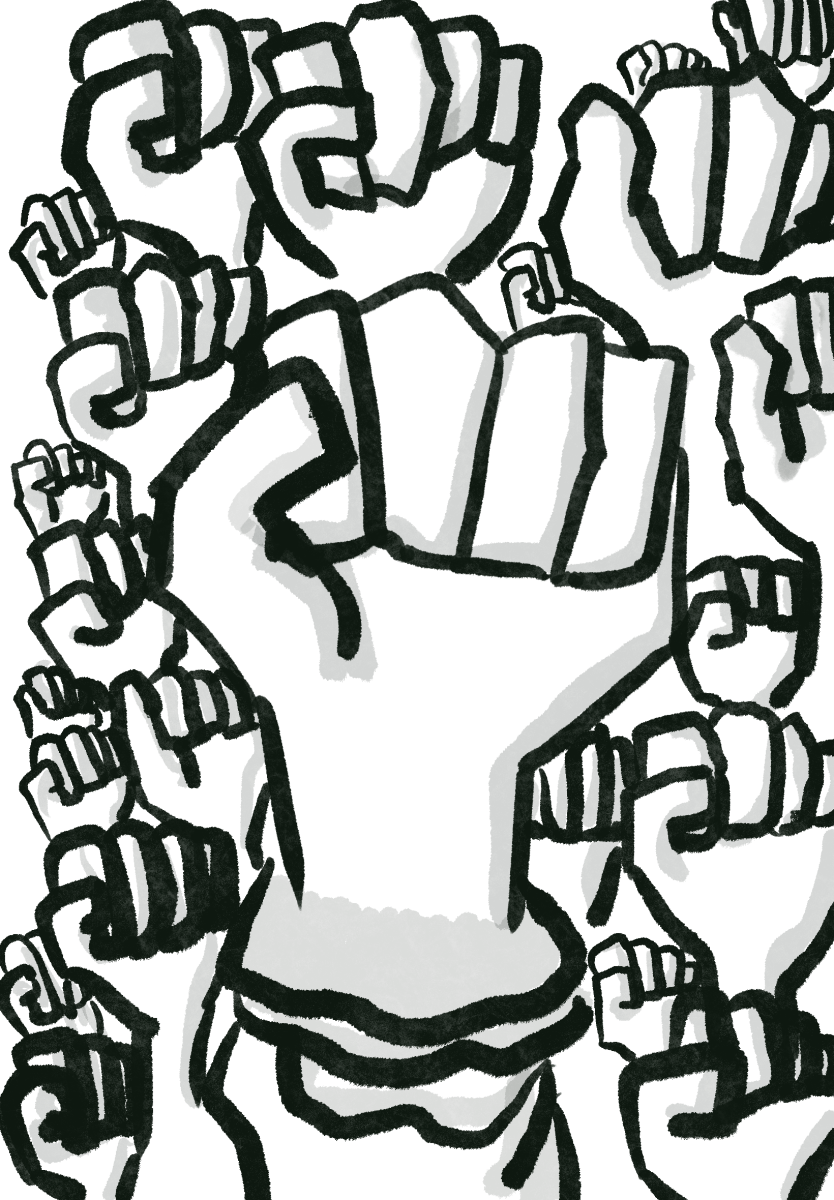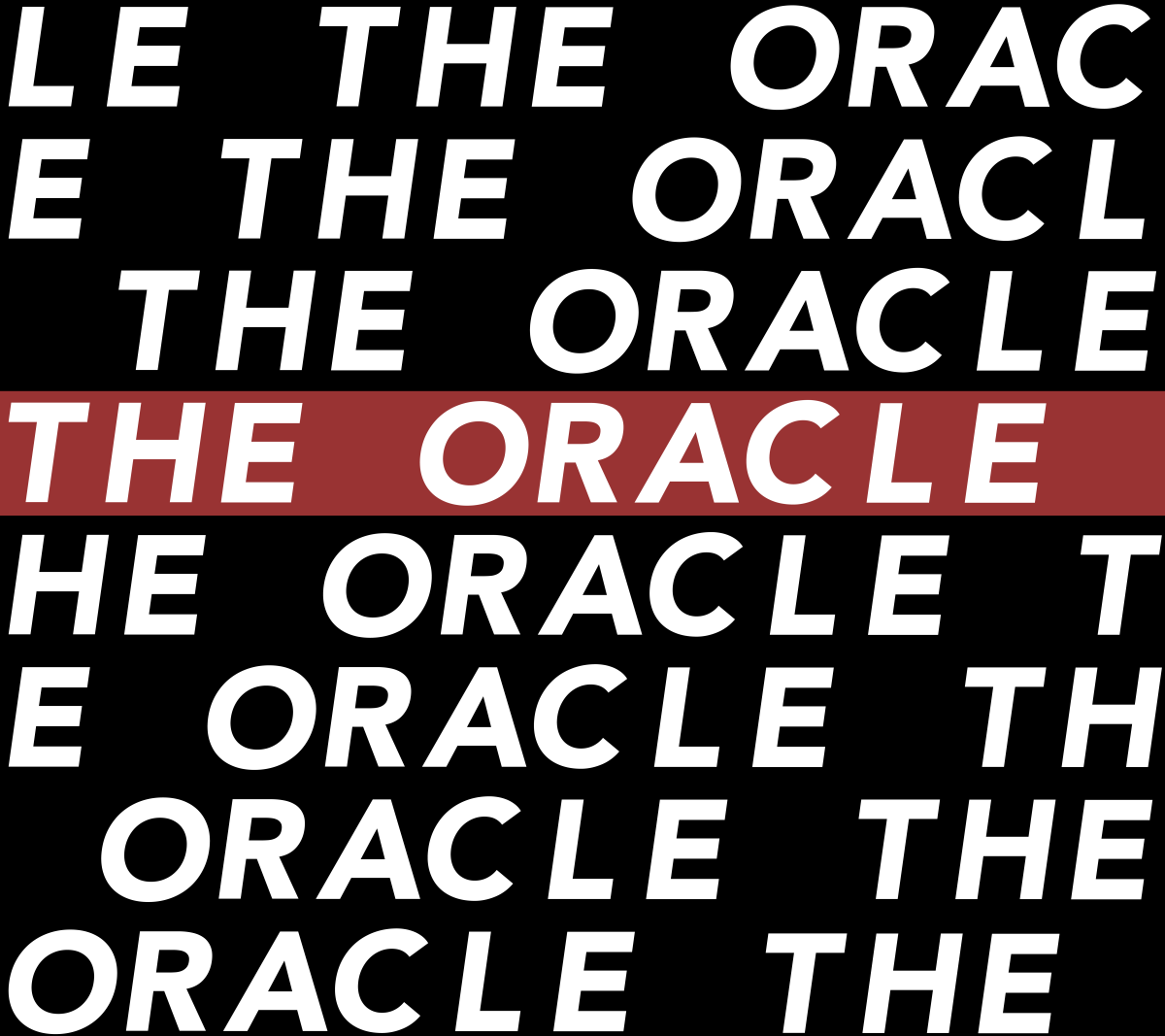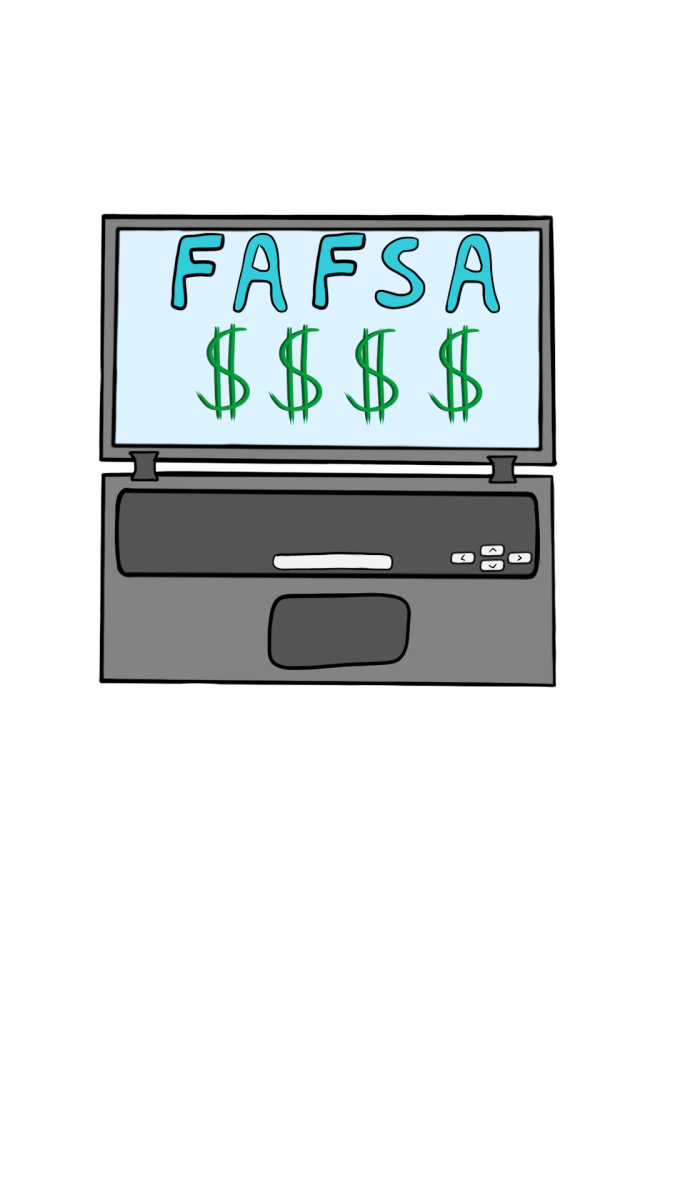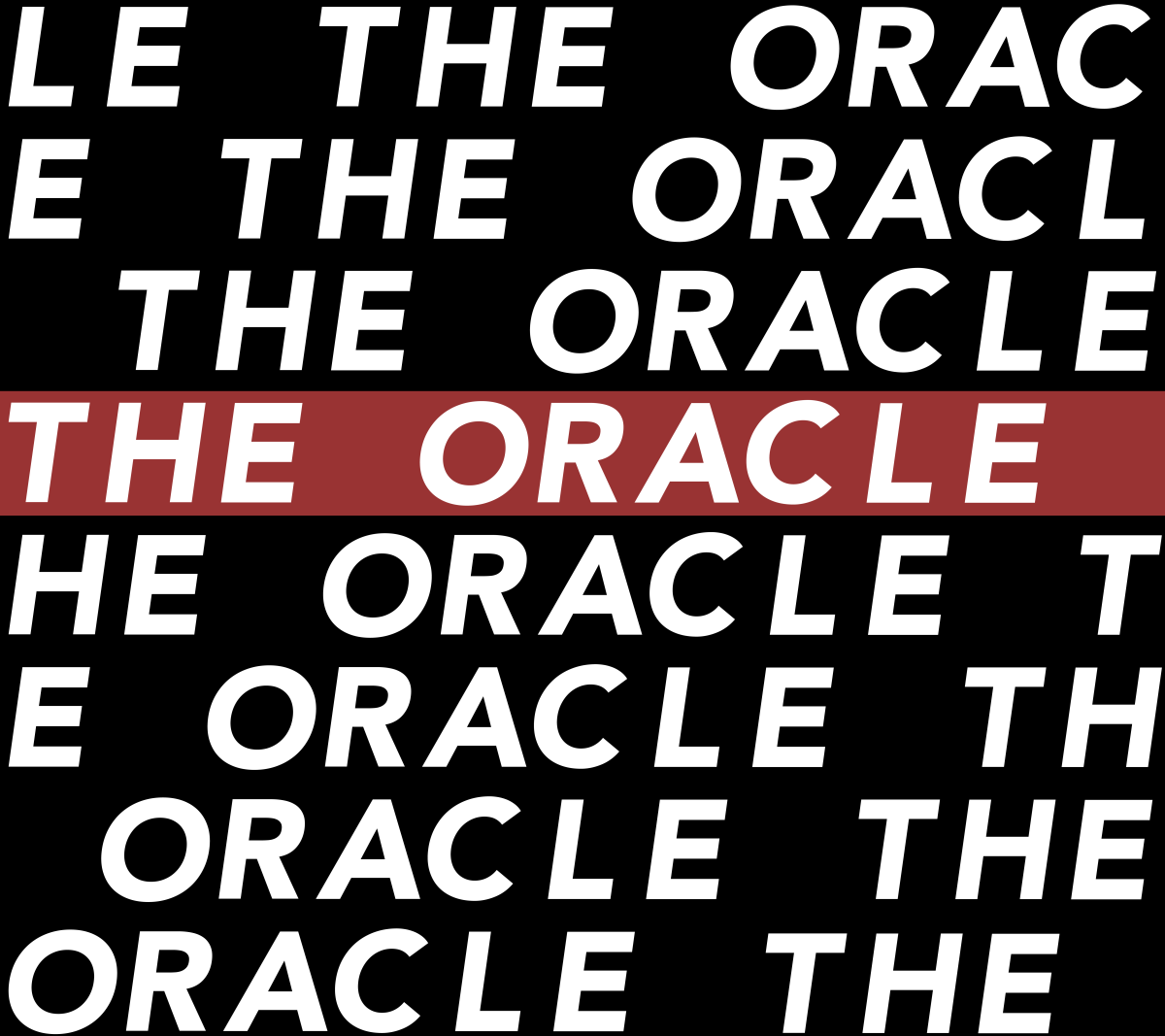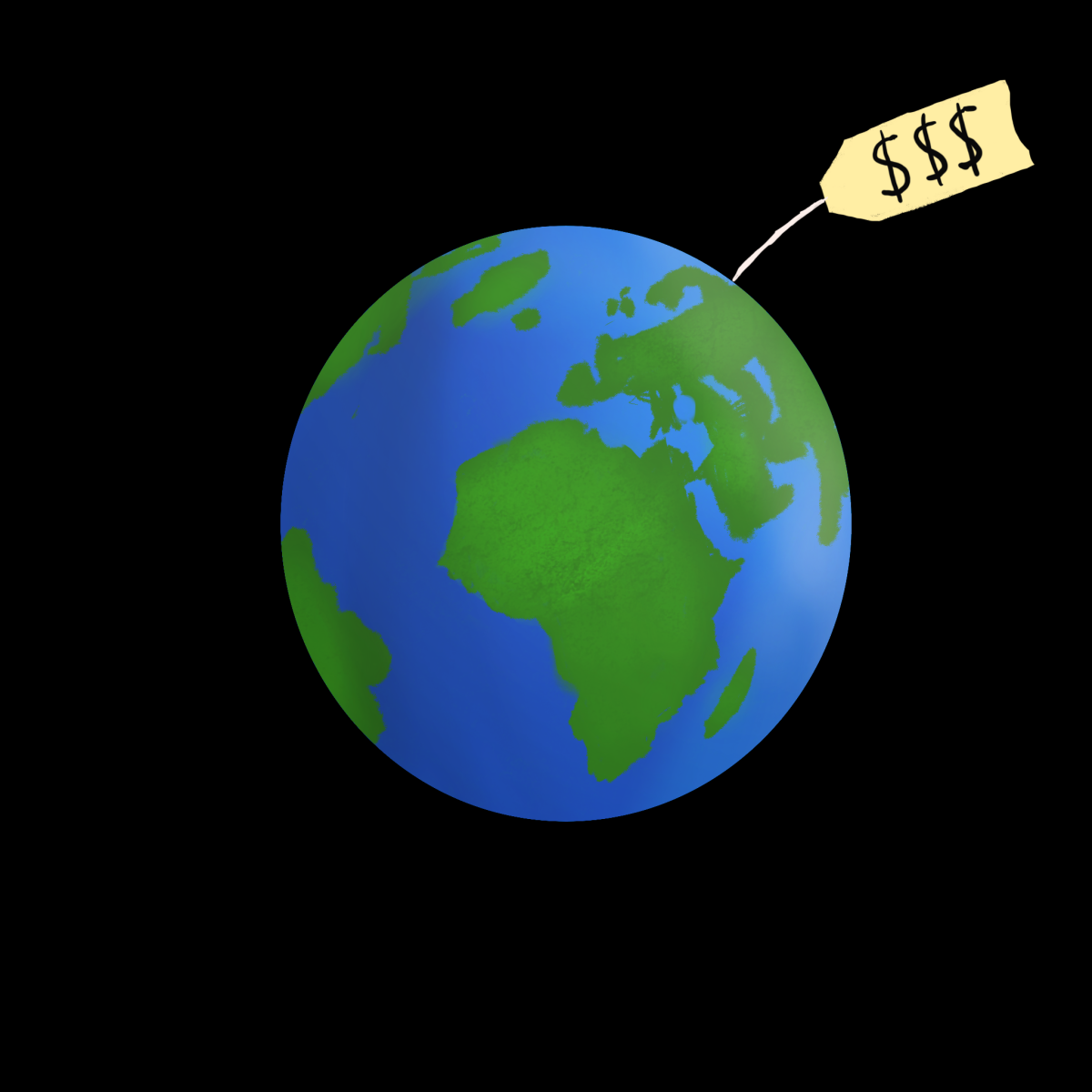Cancel culture is a phenomenon that has gained significant traction in recent years. It refers to the public denouncement and withdrawal of support for individuals or entities deemed to have engaged in objectionable behavior. This can include anything from making offensive remarks or holding controversial views, to committing more serious offenses such as sexual harassment or assault. The rise of cancel culture has been largely attributed to the increasing use of social media platforms, which serve as the epicenter of this phenomenon.
Social media platforms play a pivotal role in shaping public opinion, fueling outrage and facilitating the swift condemnation of individuals. When a controversial incident occurs, it can quickly go viral on social media, leading to widespread condemnation and calls for action. While cancel culture is often seen as a way to hold individuals accountable for their actions, it has also been criticized for its impact on freedom of expression and the broader social discourse.
Some argue that cancel culture creates a climate of fear, where individuals are afraid to express their opinions or engage in open dialogue for fear of being canceled. This can stifle free speech and limit the exchange of ideas, which are essential for a healthy democracy. In addition, cancel culture has been criticized for its lack of due process.
In many cases, individuals are publicly condemned and ostracized without being allowed to defend themselves or have their side of the story heard. This can lead to unfair treatment and a rush to judgment. Given the impact of cancel culture on freedom of expression and the broader social discourse, it is important to critically examine this phenomenon and its effects. By doing so, we can better understand its impact and work towards a more balanced approach to holding individuals accountable for their actions.
In democratic societies, one of the most important values is the freedom of expression: the ability to express one’s thoughts and opinions without fear of censorship or retribution. However, in recent years, cancel culture has emerged as a potential threat to this cherished value. Cancel culture refers to the practice of publicly shaming and boycotting individuals or groups who express views that are deemed offensive or objectionable. The rise of social media has amplified the effects of cancel culture, making it easier for groups to organize and mobilize online.
As a result, there is growing concern that cancel culture may stifle the diversity of opinions in society. In particular, the fear of public shaming and professional repercussions may cause individuals to self-censor, resulting in a chilling effect on open discourse. This paradox challenges the essence of free expression by creating an environment where conformity is rewarded, and dissent is met with severe consequences. Those who hold unpopular views may be ostracized, marginalized, or even lose their jobs.
This, in turn, can lead to a homogenization of thought and a lack of diversity in public discourse. Therefore, it is important to strike a balance between promoting free expression and preventing hate speech and other forms of harmful speech. While it is important to call out and condemn hateful speech, cancel culture may not be the best way to achieve this goal. Instead, we should strive to create an environment where diverse ideas and opinions can be expressed and debated respectfully and constructively.
Social media platforms have become a powerful force in the phenomenon known as cancel culture. Cancel culture refers to the practice of publicly shaming and boycotting individuals who have been accused of wrongdoing. The rise of social media has made it easier than ever before for people to express their outrage and call for accountability by amplifying their voices on a global scale. However, the speed at which information travels on these platforms can sometimes contribute to individuals’ rapid and unreflective cancellations.
“The dynamics of virality can lead to misjudgments and hasty cancellations, as the nuances of complex issues may be overlooked in the pursuit of swift justice.” This has raised questions about the fairness and accuracy of cancel culture as a form of social accountability. While cancel culture has the potential to hold individuals accountable for their actions, it can also lead to unjustified or disproportionate consequences.
In some cases, individuals have been canceled without due process, and their reputations and livelihoods have been irreparably damaged as a result. The issue of cancel culture is complex and nuanced, and it requires careful consideration and thoughtful discussion. As we continue to navigate this ever-evolving landscape, it is important to recognize the potential pitfalls of cancel culture and strive for a more fair and just approach to social accountability.
Cancel culture is a phenomenon that has emerged in recent times as a form of social activism. It is driven by a desire to hold individuals accountable for past actions or statements that are deemed to be offensive, insensitive, or harmful. While this desire for social justice is often well-intentioned, the execution of cancel culture on social media can lead to unintended consequences. One of the major issues with cancel culture is the permanent damage it can inflict on individuals’ reputations.
The public shaming and ostracism that often accompanies cancel culture can have lasting effects on an individual’s personal and professional life. It can hinder their ability to learn from their mistakes, reflect on their behavior, and grow as individuals. Moreover, the binary nature of cancel culture often disregards the possibility of redemption. The focus is on punishment rather than education and growth. This lack of nuance can make it difficult to have constructive dialogue and encourage personal growth.
The result is that individuals who have been canceled may be reluctant to engage in meaningful conversations or to seek help, as they fear further retribution. In conclusion, while cancel culture may have its roots in a genuine desire for social justice, it is important to consider the impact it can have on individuals and the potential for unintended consequences. It is vital to strike a balance between holding individuals accountable for their actions and encouraging personal growth and redemption.
Social media platforms are powerful tools that can shape public opinion, which is why they must be mindful of their role in creating an environment that promotes thoughtful discourse. To create a healthy environment for discussion, it is essential to approach the topic of cancel culture with nuance and empathy.
Cancel culture has the potential to limit the voices of those who are already marginalized, which is why we must strive to create a society that values learning and growth alongside accountability. To achieve this, we must be willing to have difficult conversations and to approach the topic of cancel culture with an open mind. We must be willing to listen to all perspectives, even those that may not align with our own beliefs. By doing so, we can create a more inclusive and empathetic society that values thoughtful discussion over knee-jerk reactions.
Cancel Culture
February 21, 2024
Story continues below advertisement



